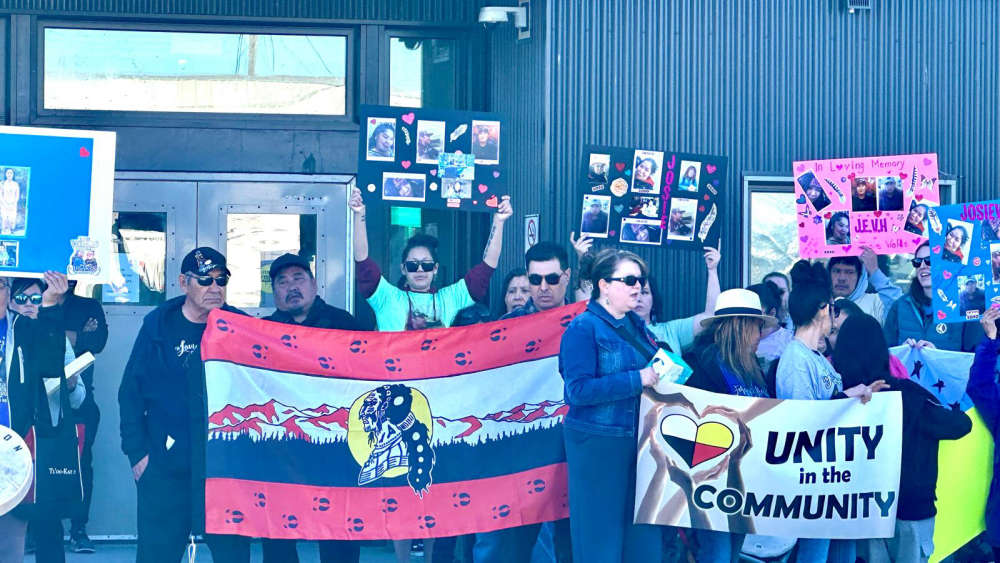
The jurors are tasked with determining the identity of the deceased individuals, the time and place of their deaths, and the causes of death.
The testimony hearing of the coroner’s inquest into the deaths of Cassandra Warville, Myranda Aleisha Dawn Tizya-Charlie, Josephine Elizabeth Hager and Darla Skookum whose deaths occurred at the Whitehorse Emergency Shelter ended Wednesday April 24.
The three weeks long coroner’s inquest into the deaths of four Yukon women began on Monday April 8 at the Gold Rush Hotel in Whitehorse.
While examining the circumstances of the deaths of the four Yukon women, the inquest heard testimonies from family members, RCMP, EMS, the Whitehorse Emergency Shelter directors, managers, and staff, and other experts.
As the deliberations into the deaths of the four Yukon women was set to begin thursday morning, the presiding coroner, Michael Eglison, provided guiding instructions to the jury.
Eglison provided the jury a high-level overview of the testimony the inquest heard and an audio recording of testimony from Dr. Elizabeth McKinnon, a forensic pathologist from the BC Coroners Service, was replayed.
McKinnon performed autopsies on Hager and Skookum and reviewed reports and documents related to the deaths of Warville and Tizya-Charlie. Her testimony, given on April 16, gave insight into the causes of death of the four deceased women.
Following the overview of the inquest and the replay of McKinnon’s testimony which saw some attendees weeping, as have been witnessed in previous days of the inquest. Eglison said the jurors are tasked with determining the identity of the deceased individuals, the time and place of their deaths, and the causes of death. The jurors were also asked to classify the deaths into natural, accidental, suicide, homicide categories or undetermined manners of death and to provided definitions for each classification.
According to Eglison, jurors can give careful consideration to ensure that any recommendations they make are reasonable, achievable and practical. He told jurors that he would provide them with a USB drive containing a list of possible recommendations, although they are not required to accept his recommendations.
Finally, Eglison noted that coroner’s inquests are not intended to assign blame or guilt and that jurors cannot make findings of legal responsibility nor express any conclusions of law.
While it is uncertain how long the jury would require to deliberate the circumstances of the four deaths currently being examined by the coroner’s inquest and to provide recommendations, it is believed that it could take several days.
Inquests held by the Yukon Coroner’s Service are intended to serve three key functions: determine the facts related to a death or deaths, make recommendations if appropriate and supported by evidence to prevent future deaths in similar circumstances and assure the community that the death or deaths is not being overlooked or ignored.
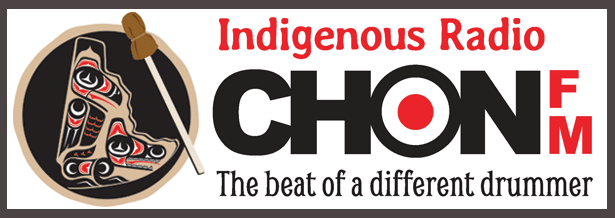
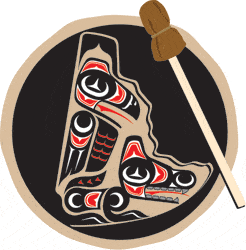
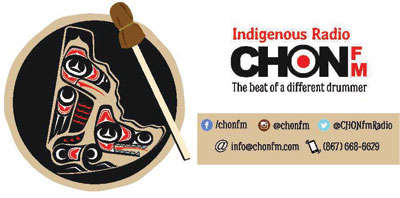
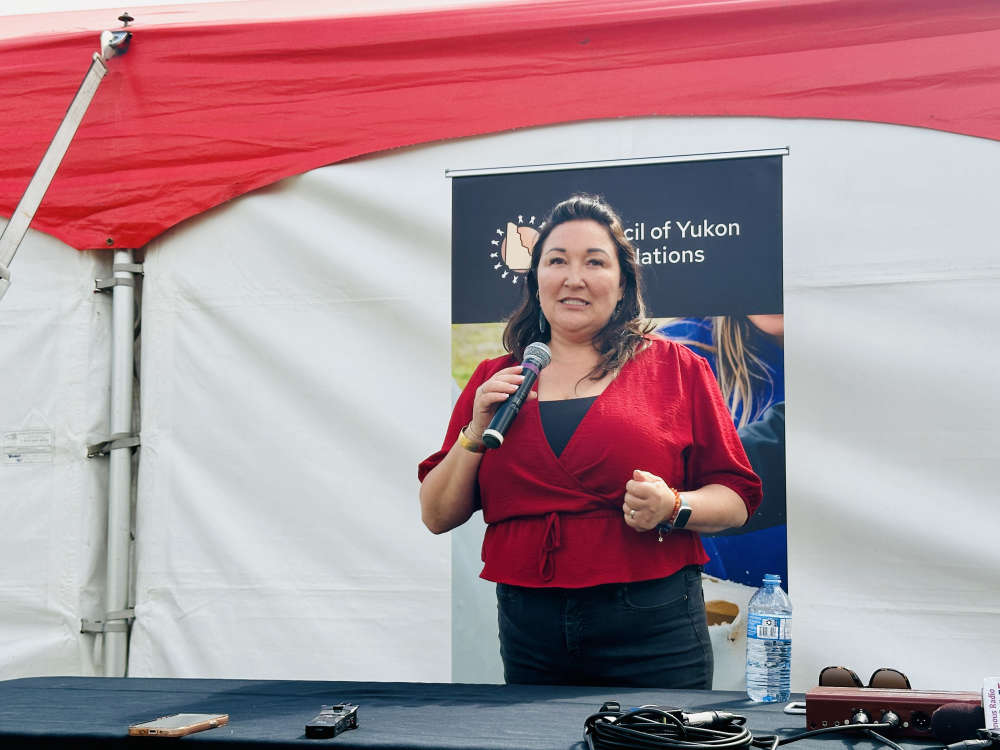 Math'ieya Alatini elected CYFN Grand Chief
Math'ieya Alatini elected CYFN Grand Chief
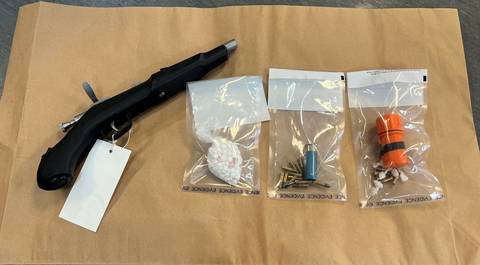 Watson Lake man charged in firearm robbery
Watson Lake man charged in firearm robbery
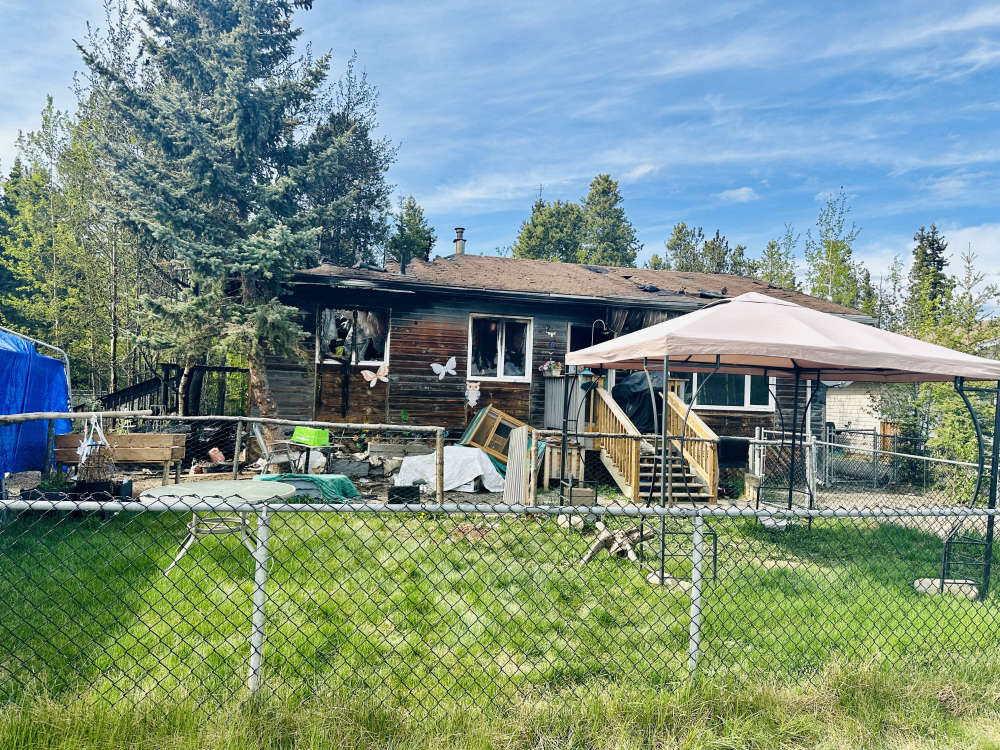 House fire in McIntyre contained
House fire in McIntyre contained
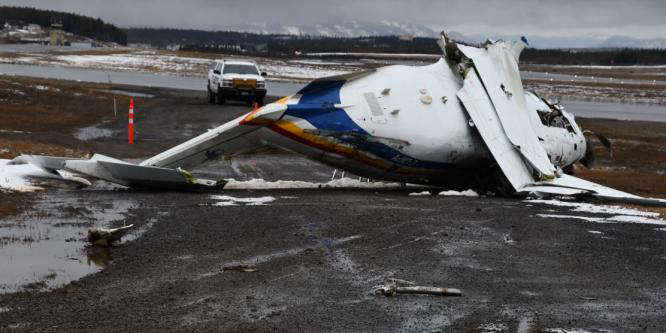 RCMP plane crash caused by faulty sensor: TSB report
RCMP plane crash caused by faulty sensor: TSB report
 New Fireweed Mental Health unit opens at Whitehorse General Hospital
New Fireweed Mental Health unit opens at Whitehorse General Hospital
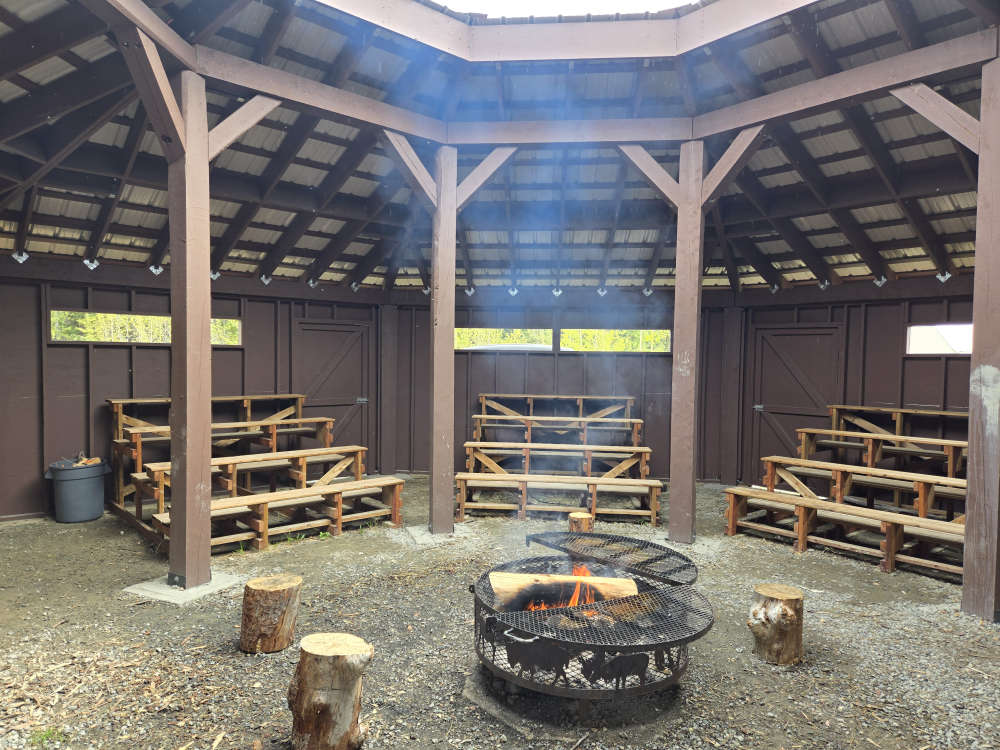 Traditional learning camp opens at Whitehorse school
Traditional learning camp opens at Whitehorse school
 Yukon Schools introduce online registration for bus service
Yukon Schools introduce online registration for bus service
 Yukon Government unveils progress in healthcare transformation with 2024 Putting People First annual report
Yukon Government unveils progress in healthcare transformation with 2024 Putting People First annual report
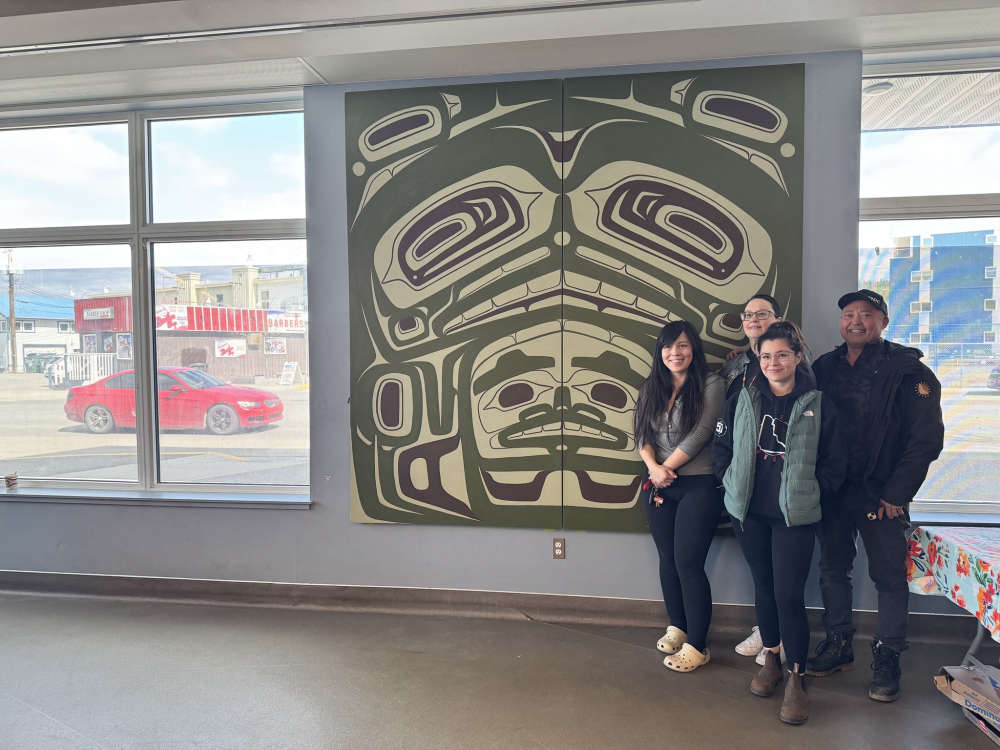 Whitehorse Emergency Shelter unveils New Artwork celebrating Yukon First Nations culture
Whitehorse Emergency Shelter unveils New Artwork celebrating Yukon First Nations culture
 Former Whitehorse City Councillor Ted Laking announces bid for Yukon Party nomination in Porter Creek Centre
Former Whitehorse City Councillor Ted Laking announces bid for Yukon Party nomination in Porter Creek Centre
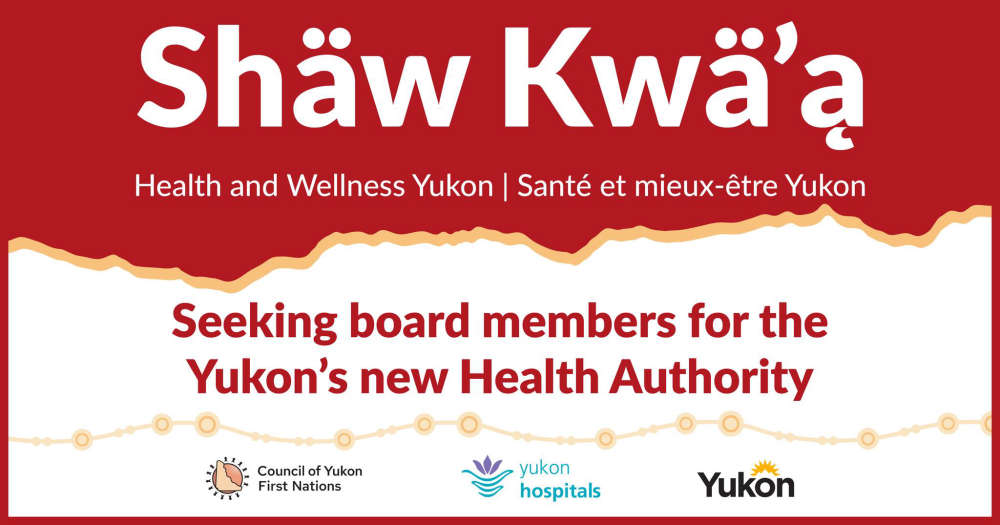 Yukon Government seeks applicants for new Health Authority Board
Yukon Government seeks applicants for new Health Authority Board
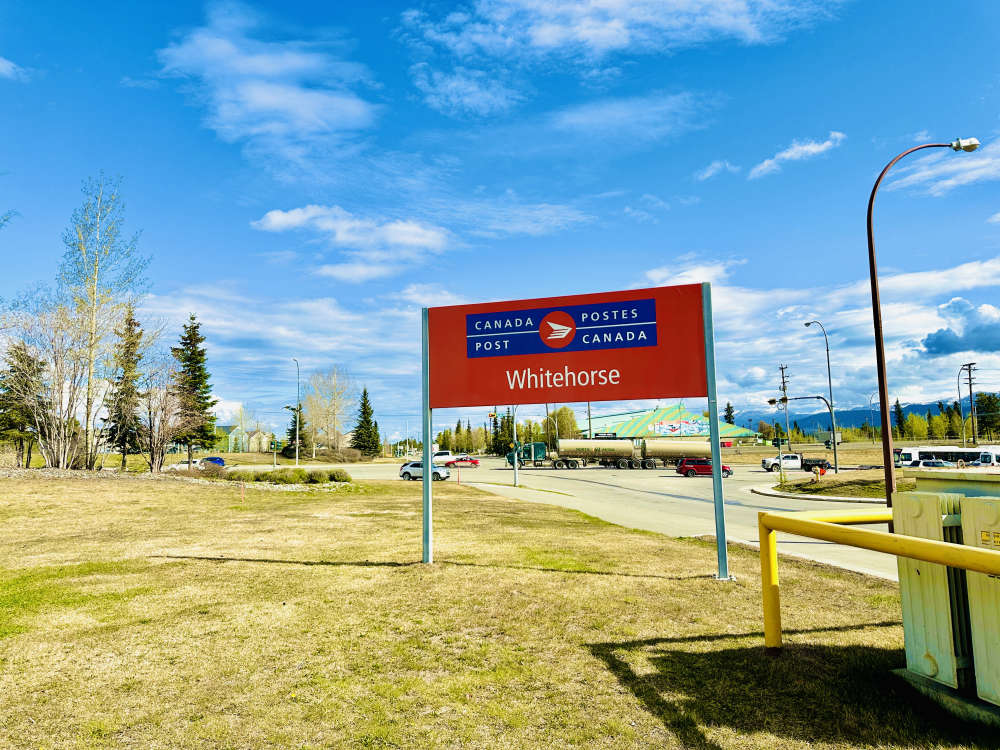 Canada Post strike looms, Yukoners brace for disruption
Canada Post strike looms, Yukoners brace for disruption
 Driver charged in fatal collision that killed Yukon Government Deputy Minister and injured Minister
Driver charged in fatal collision that killed Yukon Government Deputy Minister and injured Minister
 Yukoners encouraged to apply for Northwestel's Northern Futures Scholarship Program
Yukoners encouraged to apply for Northwestel's Northern Futures Scholarship Program
 City of Whitehorse summer transportation maintenance work underway
City of Whitehorse summer transportation maintenance work underway
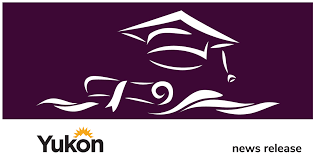 Yukon Government seeks input on new downtown public school
Yukon Government seeks input on new downtown public school
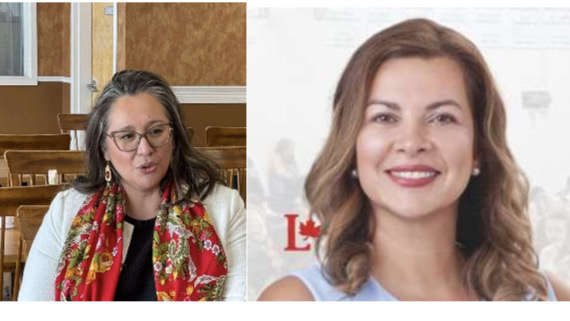 Indigenous leadership takes centre stage: Rebecca Chartrand and Mandy Gull-Masty appointed to key cabinet roles
Indigenous leadership takes centre stage: Rebecca Chartrand and Mandy Gull-Masty appointed to key cabinet roles
 Whitehorse prepares for Annual 20-Minute makeover
Whitehorse prepares for Annual 20-Minute makeover
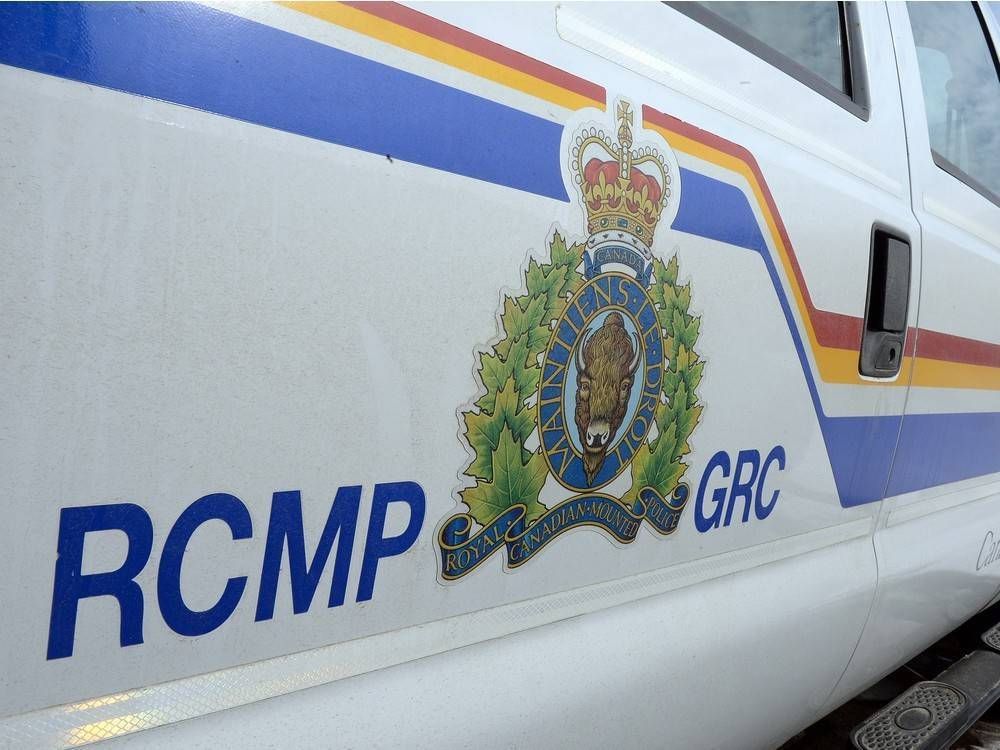 RCMP conducting training exercises on Schwatka Lake
RCMP conducting training exercises on Schwatka Lake
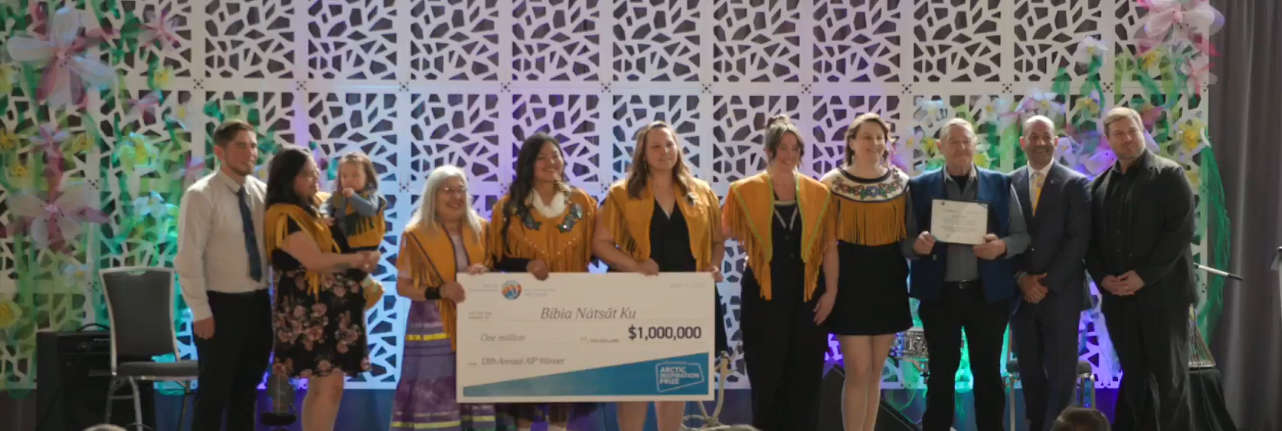 CYFN makes history as winner of prestigious Arctic Inspiration Prize
CYFN makes history as winner of prestigious Arctic Inspiration Prize